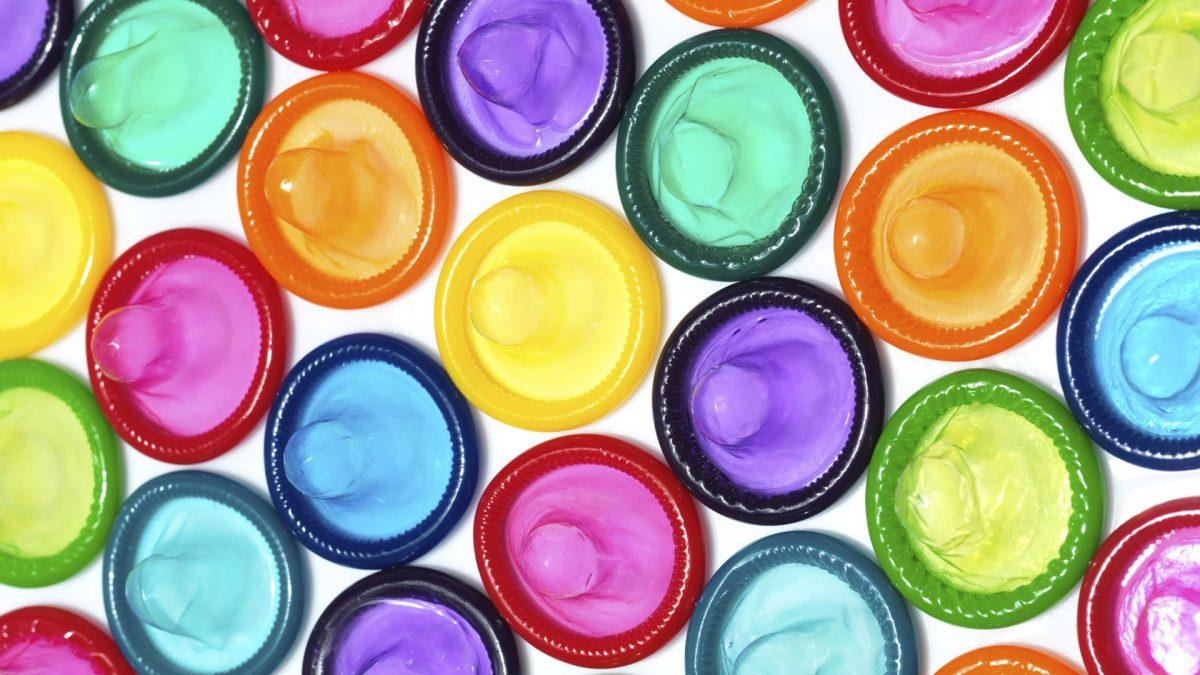Empower Student Responsibility
By Garrett Gallego
Staff Writer
Schools have many responsibilities, in addition to protecting and educating their students. But, there is a certain limit to those responsibilities, one of which should not be distributing contraceptives to students. If students decide to engage in sexual activity, then they should do so on their own dime.
At the core of this issue lies the fact that the discussion about sexual intercourse is a private and personal issue that should be addressed by students with their parents and guardians, rather than by a school nurse.
Moreover, many public schools don’t have room in their budgets to purchase condoms for students. According to a provision under the California Education Code, in order for a public school to administer any kind of sexual protection, they must obtain a permit from the district and build a clinic on school grounds that can perform more functions than a basic nurse’s office. Such construction costs money, at a time when districts’ budgets are being cut.
Schools also have to consider the possible religious backlash they would face if they decided to distribute condoms. Many religions, such as Catholicism, frown upon the use of contraceptives and the idea of early sexual activity. Public schools could offend parents and community members by offering contraceptives to minors.
There is a very simple alternative to offering condoms on campus. Public schools can strengthen and increase their sexual education programs so that they provide students with a better understanding of the responsibility involved in sexual intercourse.
The American public school system does a poor job of educating students about how one can properly prevent sexually transmitted infections (STIs) and pregnancy. Most curriculum for existing sex-ed programs is inadequate because it is based on the idea that abstinence is the one and only true protection against sex.
Guttmacher Institute, a research and policy organization focused on improving sexual health and rights, found in April that, although teens are given formal sexual education classes, only 50 percent of females and 58 percent of males are actually taught how to use a condom.
Giving students a thorough education about the precautions and risks involved with sex is more important than simply providing condoms. Teens deserve comprehensive information about protected sex so that they can learn to be more responsible and hold themselves accountable for their decisions. The knowledge that they would gain from improved sexed classes would allow them to maintain safe and healthy sex lives beyond high school.
Schools have to understand that they have the responsibility to educate and prepare students for adulthood. Developing more in-depth sexual education curriculum is a far more effective method for schools to exercise that responsibility than providing teenagers with free condoms.


